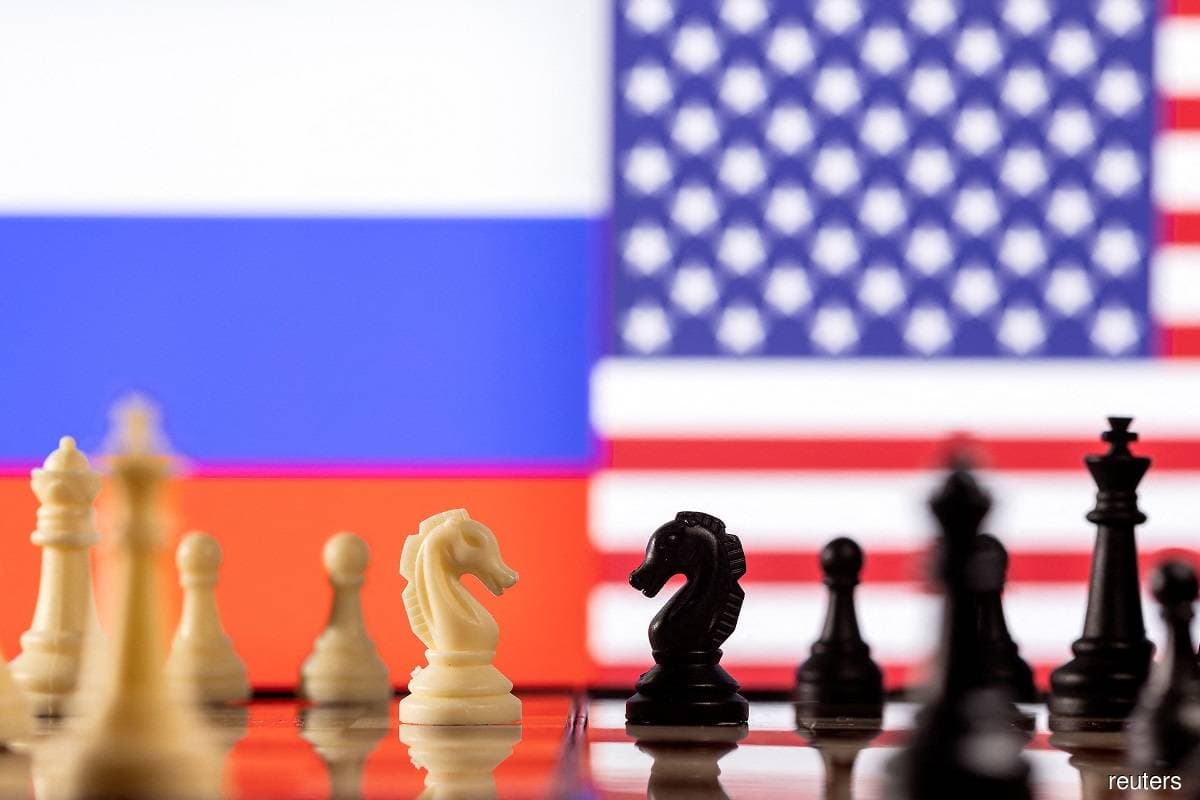
KUALA LUMPUR (Dec 7): A Russian official has said that the unipolar world order and its key attribute — the dominance of the West — are a thing of the past, and that the US and Russia are back to the Cold War.
Russian news agency TASS in a report on Tuesday (Dec 6) quoted the president of the Russian Academy of Sciences' Institute Of World Economy And International Relations, Alexander Dynkin, as saying that the Northern Hemisphere had seen a return to the Cold War and the confrontation of the two poles — the US and the North Atlantic Treaty Organization (Nato), on the one hand, and Russia and China, on the other.
The report cited Dynkin as he was speaking at the opening of the Primakov Readings international forum of experts: A unipolar world with its mode of global governance that defies the diversity of the modern world and the rise of other non-Western states is a thing of the past.
"It is premature to judge what the structure of a future world order will be. It is obvious, though, that the Cold War is back in the Northern Hemisphere.
"A new bipolarity is a fact of life, with the United States and other Nato countries at one pole, and Russia and China at the other," he said.
Dynkin stressed that "Nato's endless eastward expansion has run into Russia's resistance".
He claimed that in its attempts to retain its dominant position in the world and maintain its current level of domestic consumption, the US, in just two decades of the 21st century, has ruined 16 major agreements and institutions of global governance — those concerning arms control, climate, the global economy, and the Arctic.
"The liquidated international treaties and organisations had one common feature — either the absence of US dominance, or the priority or consensus principle of activity."
Dynkin said this "sad truth" indicates that political realities that do not fit in with the Western ideological narratives are being neglected, while "the most professional expertise often remains untapped due to exorbitant geo-strategic assets".
"The reason for these failures, among other things, can be seen in the obsession with the exclusively Western-centric model of strategic planning and attempts to build the scenarios of world development entirely on European or transatlantic historical experience. Iraq, Syria, Libya and the Afghan catastrophes were the dramatic milestones of such ideological stubbornness and continued defiance of reality. Now it's Eastern Europe's and Ukraine's turn," the scholar was reported as saying.